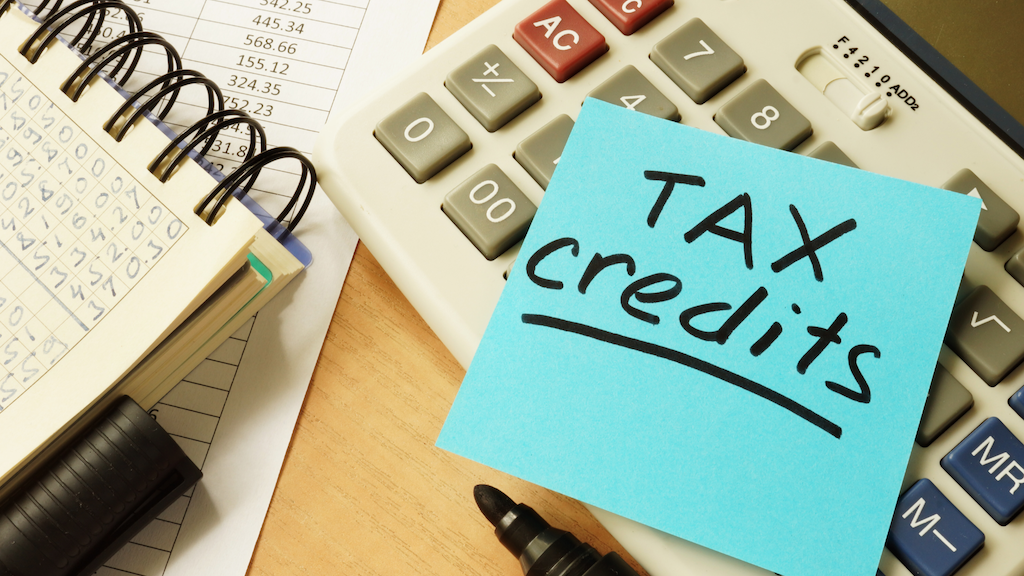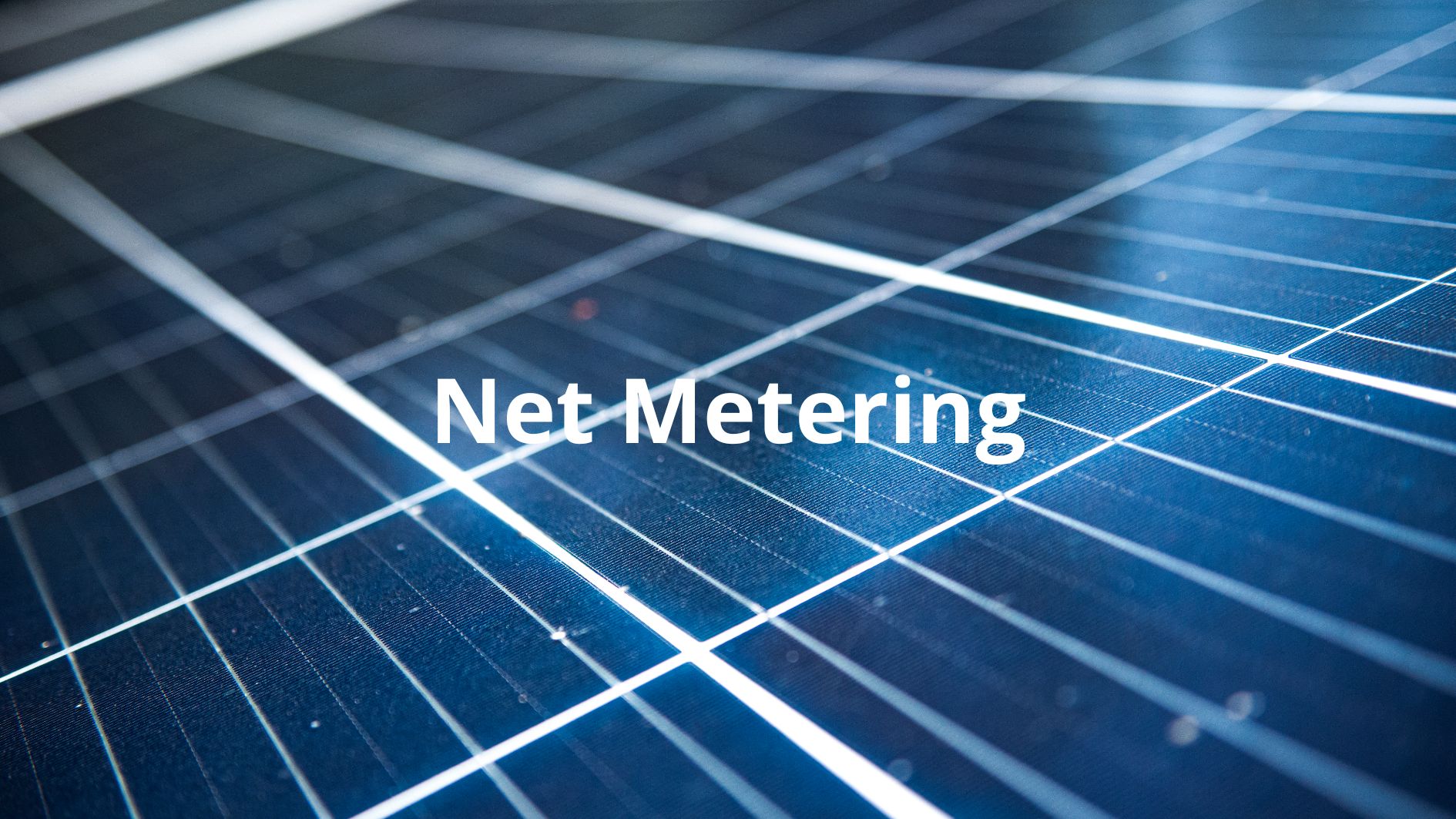Image source: Canva.com
As energy costs continue to rise and environmental concerns become more pressing, homeowners are increasingly looking for ways to save money and reduce their carbon footprint. One of the most effective strategies for achieving both of these goals is investing in solar energy. Here’s why going solar makes financial sense for homeowners.
Significant Reduction in Energy Bills

One of the most immediate financial benefits of solar energy is the reduction in your electricity bills. Once your solar panel system is installed, it generates electricity directly from sunlight, allowing you to use less electricity from the grid. Depending on the size of your system and your energy consumption, you can significantly reduce or even eliminate your monthly electricity costs.
Return on Investment (ROI) and Long-Term Savings
While the initial cost of installing a solar panel system can be substantial, the long-term savings often outweigh the upfront investment. On average, homeowners who go solar can expect to see a return on investment (ROI) within 6 to 10 years. After the system has paid for itself, all the energy it generates is essentially free. Given that solar panels typically have a lifespan of 25-30 years, this translates into decades of savings.

Increase in Property Value

Homes with solar energy systems are often valued higher than those without. Studies have shown that solar panels can increase the resale value of a home. Buyers are attracted to the idea of lower energy costs, making solar-equipped homes more appealing in the real estate market. In many cases, this increase in property value can offset the initial installation costs, providing an additional financial benefit.
Government Incentives and Tax Credits
Federal, state, and local governments offer various incentives to encourage the adoption of solar energy. The most significant of these is the federal solar tax credit, which allows homeowners to deduct a portion of their solar installation costs from their federal taxes. Additionally, many states offer rebates, grants, and other financial incentives to reduce the cost of going solar. These programs can significantly lower the overall expense, making solar more accessible and financially attractive.

Protection Against Rising Energy Costs

Electricity rates have historically trended upwards, and this pattern is expected to continue. By investing in a solar panel system, you can lock in your energy costs and shield yourself from future rate hikes. This financial predictability is particularly valuable in regions where energy prices are volatile or high.
Potential Income Through Net Metering
In many areas, net metering programs allow homeowners to sell excess electricity generated by their solar panels back to the grid. This can result in credits on your utility bill or even direct payments from the utility company, providing an additional income stream and further improving the financial outlook of your solar investment.

Environmental Impact and Sustainability

While not directly a financial benefit, the environmental impact of solar energy can translate into financial savings over time. As more homeowners adopt solar, the demand for fossil fuels decreases, which can lead to lower energy prices overall. Additionally, contributing to a more sustainable future may yield financial rewards as government policies increasingly favor clean energy and penalize polluters.
However, before diving into solar, it’s essential to explore the financing options available to you to make an informed decision.
Here are the main ways you can finance your home solar system:
Cash Purchase
- Paying for your solar panel system upfront is the most financially advantageous option.
- You own the system outright, eliminating future electricity bills for the next 25 years.
- By owning the system, you qualify for all available financial incentives and rebates, including the federal solar tax credit.
- However, this approach requires a significant upfront investment, typically ranging from $20,000 to $30,000, excluding installation costs.
Solar Loans
- Solar loans provide an alternative for homeowners who can’t afford an upfront payment.
- These loans allow you to own the solar system at the end of the loan term, typically ranging from 5 to 25 years.
- While you’ll pay interest on the borrowed amount, solar loans offer flexibility with no down payment required.
- Better credit scores usually result in lower interest rates, reducing the overall cost over time.
- When considering a solar loan, it’s essential to accurately calculate the total overpayment, factoring in both the principal amount borrowed and the accrued interest. This ensures a clear understanding of the financial commitment and allows for informed decision-making.
Leases or Power Purchase Agreements (PPAs)
- Leasing or entering a PPA entails a third-party company installing solar panels on your property and selling you the generated electricity at a fixed rate.
- While these options require no upfront payment, they don’t offer the same financial benefits as ownership.
- You won’t qualify for financial incentives like the federal solar tax credit, and the leasing company retains ownership of the system.
- Additionally, lease or PPA agreements often include annual rate increases, potentially offsetting initial savings over time.

Going solar is not just an environmentally responsible decision; it’s also a financially savvy one. With the potential to drastically reduce or eliminate electricity bills, increase property values, and protect against rising energy costs, solar energy represents a smart long-term investment. When combined with available government incentives and the opportunity for additional income through net metering, the financial case for going solar becomes even stronger.
For homeowners looking to save money and secure their energy future, solar power is a compelling option that makes solid financial sense.
FAQs
Wondering if your home is a good fit for solar panels?
To determine if your home is a good fit for solar panels, consider factors like sunlight exposure, roof condition, shading, and local climate. Reviewing your energy consumption and available incentives can also help you make an informed decision. If most of these factors are favorable, your home is likely a good candidate for solar panels.
What happens if I produce more electricity than I use?
Producing more electricity than you use with your solar system can lead to several benefits, including credits on your utility bill, potential payouts, or enhanced energy independence through battery storage. Understanding your local utility’s policies on net metering and other options can help you make the most of your solar investment.
What advantages does solar energy offer in terms of finances?
Solar energy offers multiple financial advantages, including reduced energy bills, a strong return on investment, increased property value, and protection against rising energy costs. Government incentives and potential income from net metering further enhance the financial benefits, making solar energy a smart and financially sound choice for homeowners.
What is the payback period for solar panels?
The payback period for solar panels is typically between 6 and 10 years, but it can vary based on installation costs, energy savings, available incentives, and local conditions. After the payback period, the energy generated by the solar panels is essentially free, leading to significant long-term savings.





